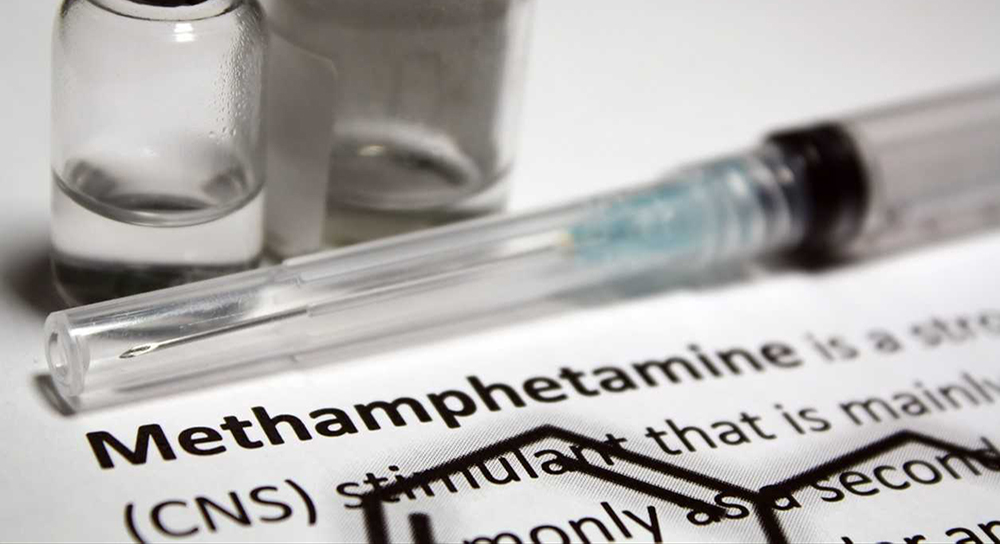While the nation is focused on the opioid epidemic, amphetamine-related hospitalizations in the United States have skyrocketed in recent years.
A new study, published in the Journal of the American Medical Association in October, looked at the estimated 1.3 million amphetamine-related hospitalizations in the U.S. from 2003 and 2015 and found an alarming increase of 245 percent between 2008 and 2015.
Researchers say this staggering increase isn’t widely known as it has been overshadowed by the opioid epidemic, which led to a significantly smaller increase of 46 percent in hospitalizations during the same timeframe.
The surge in hospitalizations and deaths due to amphetamines “is just totally off the radar,” addiction researcher Jane Maxwell told Kaiser Health News. “Nobody is paying attention.”
Methamphetamine use boomed in popularity in the 1990s and early 2000s when it became widely known how to make the drug using pseudoephedrine found in over-the-counter sinus decongestants.
It then began to decline after Congress passed the Combat Methamphetamine Act in 2005, which banned over-the-counter sales of medications with pseudoephedrine and required all pharmacies to keep records of all purchases made. The act also limited the amount of pseudoephedrine a customer could buy to 7.5 grams in a 30-day period.
However, as opioids become harder to get, police say users are turning to meth, which, while it has a lower overdose risk, is purer, less expensive and readily available.
The National Institute on Drug Abuse estimates more than 10,000 people died from meth-related drug overdoses last year. Meth overdose rates in states such as California, Colorado, Oklahoma and Texas have surpassed that of heroin, according to The Daily Mail.
To curb the rising numbers, the study’s authors urge the need for “pharmacologic and nonpharmacologic therapies that effectively treat amphetamine use disorder”.
While opioid addiction can be treated with medications like methadone, no such drugs exist for amphetamine addiction. The only available treatment is through cognitive behavioral therapy.







